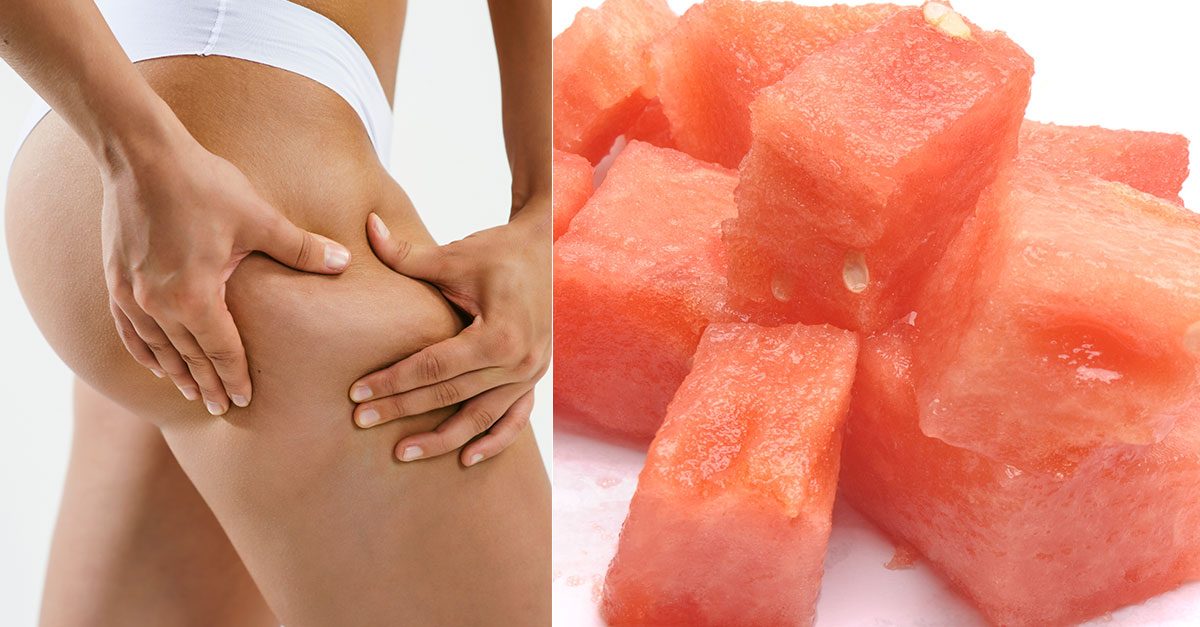10 Simple Ways To Lower Water Retention (Backed By Science)
Water retention can be caused by a number of factors but the common denominator is that they all cause excess build up of fluids in your body, which is otherwise known as edema. Experts say that although this can be caused by many things, most of the reasons are not serious. However, the key advice for people who frequently have this water retention is lifestyle modification.
;Resize,width=742;)
Water retention occurs in the circulatory system or within tissues and cavities, causing swelling in the hands, feet, ankles or legs. Some of the most common reasons for such retention include but aren't limited to:
- Increased salt intake
- Prolonged periods of sitting or standing
- Side effects of some medications
- Pregnancy
- Premenstrual syndrome
- Co-morbidities like diabetes, heart disease, etc.
- Inactivity
- Excess insulin
The major treatment for water retention is a special diet that would facilitate the quick removal of water from the body. But, if you have a sudden or longstanding case of water retention, report to your doctor ASAP!
On the other hand, if yours is a mild case of water retention and there is no underlying medical condition, then try making the following tips a daily habit to help lose the excess water build up.
1. Reduce Your Salt Consumption

One of the most common causes of water retention is increased salt intake. Salt is made of sodium and chloride; the sodium typically binds to water in the body, helping to maintain the balance of fluids both inside and outside of cells.
But, if you consume salt frequently, as found in many canned foods, it may cause water retention. Thus, the expert advice to lower consumption of sodium-rich foods.
2. Increase Your Magnesium Intake

Magnesium is a crucial mineral as it has been linked to over 300 enzymatic reactions that keep the body functioning. So, increasing your magnesium intake can help you lower water retention. Many studies report that consuming 200 mg of magnesium per day reduced water retention in women with premenstrual symptoms (PMS).
All you have to do to optimize this benefit is consume more magnesium-rich foods like nuts, whole grains, dark chocolate and leafy, green vegetables. The next best option is incorporating magnesium supplements into your daily diet.
3. Increase Vitamin B6 Intake

Vitamin B6 is a group of several related vitamins, known to be vital to the production of red blood cells and serve many other functions in the body. Vitamin B6 has also been found to decrease water retention in women with premenstrual syndrome.
Just like magnesium, you should eat more foods rich in vitamin B6 and, if you so choose, take a daily dose of its supplements. Foods that you can eat to get your daily dose of vitamin B6 include bananas, potatoes, walnuts and meat.
4. Eat More Foods With High Potassium Content

Potassium is a vital mineral known to promote good heart health and help the body function optimally. It can also help lower water retention in two ways:
- By decreasing sodium levels
- By increasing urine production.
The richest sources of potassium are bananas, avocados and tomatoes.
5. Try Taking Dandelion

Health Experts recommend taking natural diuretics like dandelion that increase urination. Although astonishing, there is a scientific study to back this recommendation. In the study, In one study, 17 volunteers took three doses of dandelion leaf extract over a 24-hour period.
They monitored their fluid intake and output during the following days and reported a significant increase in the amount of urine produced. This, the results of the study promoting dandelion as an effective diuretic.
6. Avoid Refined Carbs

Another common cause of water retention is high insulin levels which may be caused by consuming refined carbs. Such increased insulin levels subsequently cause your body to retain more sodium by increasing the reabsorption of sodium in the kidneys, ultimately resulting in excess buildup of fluids.
Examples of such refined carbs to avoid include processed sugars and grains, such as table sugar and white flour.
7. Exercising

Although not backed by concrete studies, it is believed that performing activities that cause you to move around like simply walking around can help you lose excess water buildup in some areas, like your lower limbs.
8. Eat More Garlic

This powerhouse food, known for its effects on the common cold, is another natural diuretic recommended for people with water retention. Unlike dandelion extract, however, there's yet to be scientific studies to back this practice.
9. Drink Cranberry Juice

Cranberry juice is another popular recommendation for people with edema because of its diuretic properties. However, it is another practice that needs further research.
10. Drink More Water

Many have found that drinking lots of water help reduce water retention as urination increases and more water is removed from the body. This practice, however, remains merely paradoxical with no scientific research to back the claims.
;Resize,width=767;)
;Resize,width=712;)

;Resize,width=712;)
